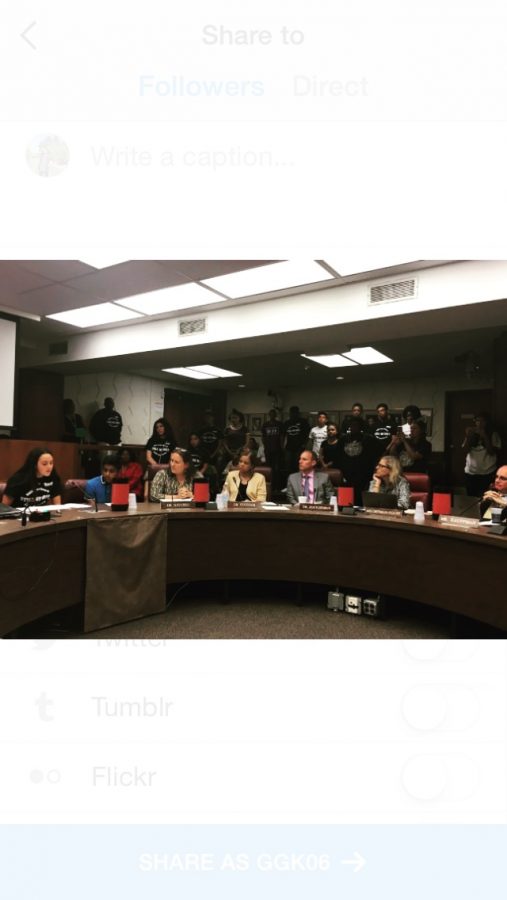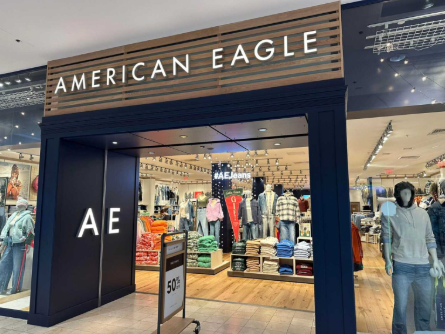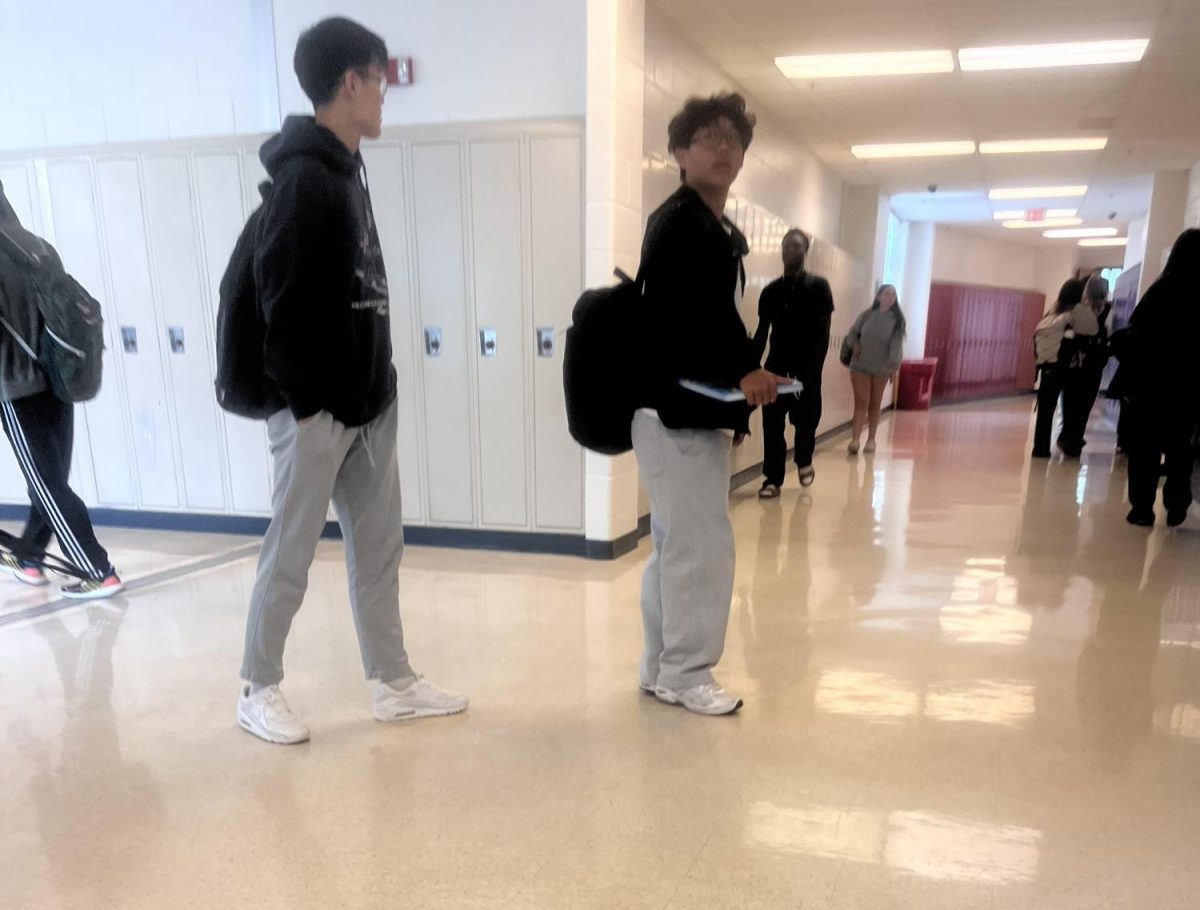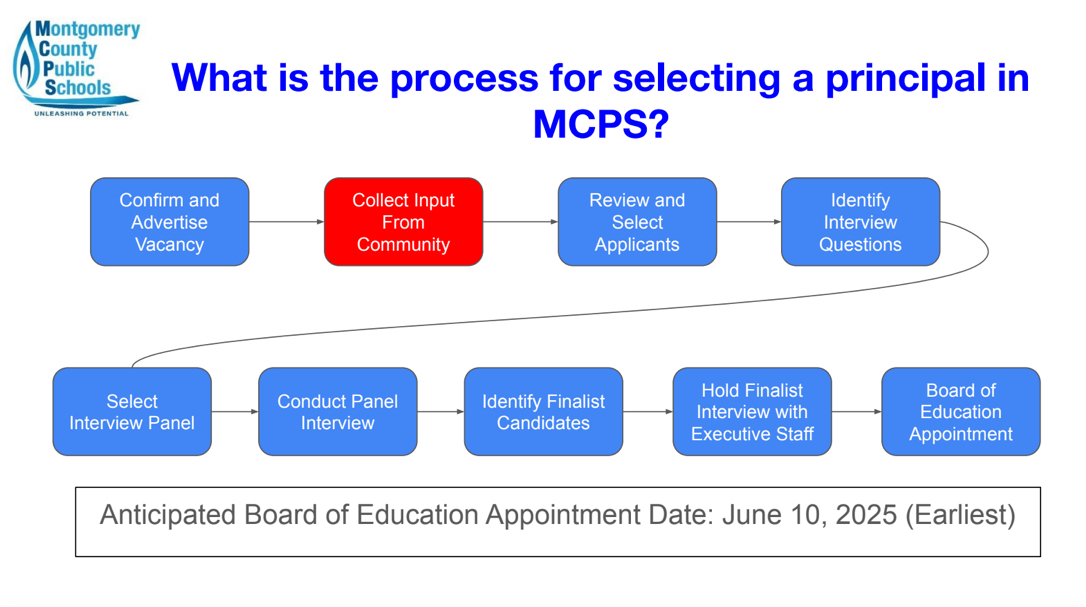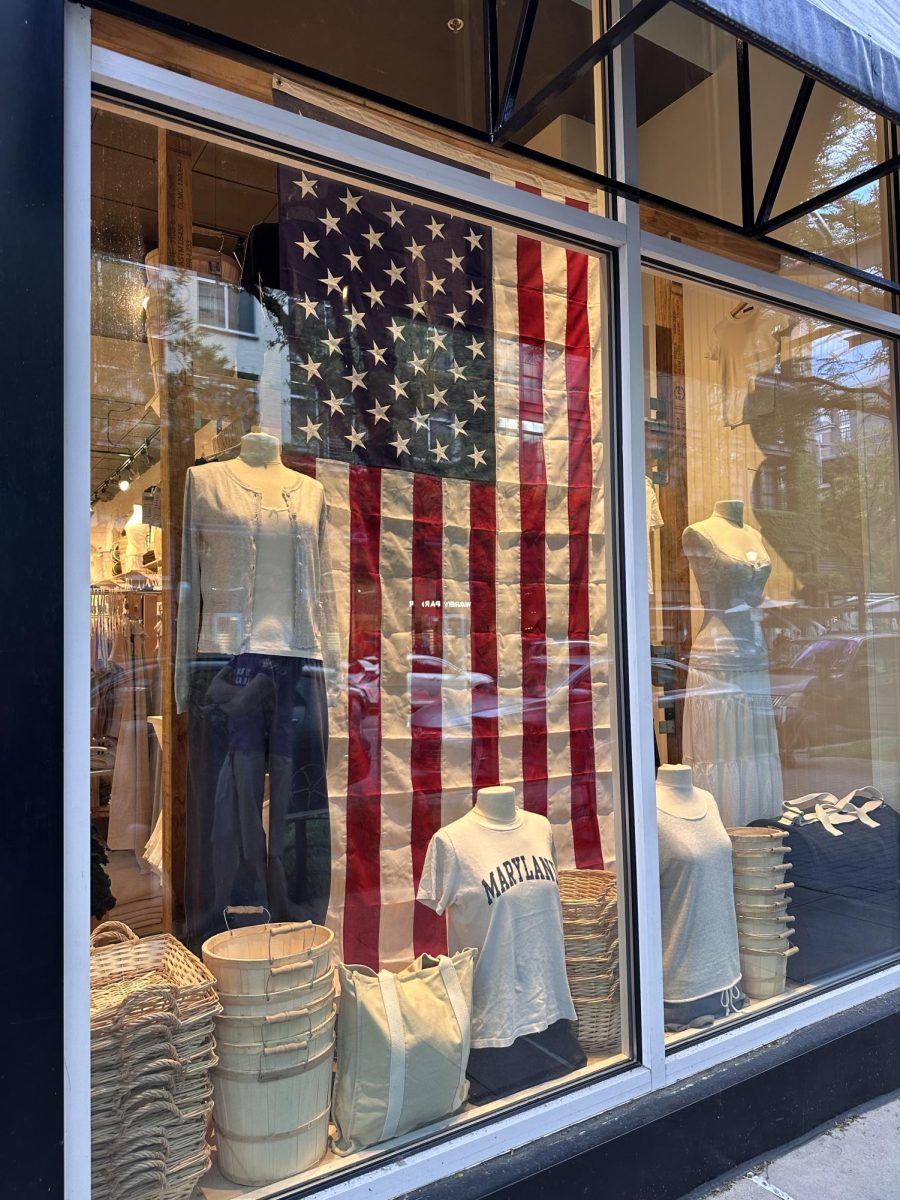I used to think that the only way to overcome institutionalized racism in society was to be colorblind. I thought that the only way to achieve pure equality was to completely ignore skin color, to refuse the awkward conversations regarding race.
Over the past year, though, I have realized that that’s our final goal as a society, for everyone to be treated equally, no matter the color of his or her skin. But we need to work our way up to that. We need to start by addressing the issue head-on — by talking about it in classrooms, listening to stories of hardship and understanding minorities’ experiences. How else will we ensure that we don’t make the same mistakes that the white people in the generation before us have made?
In fact, it wasn’t until last year, when I joined the Minority Scholars Program (MSP), a county-wide student-led organization established to promote minority student success, that I ever really talked about race. Before this, I was almost oblivious to the struggles minority students face.
While I am partly Hispanic and Jewish, I am white. Ever since preschool, most of my schoolmates have been privileged white and Asian people. Throughout elementary and middle school, the topic of skin color wasn’t mentioned. I guess the teachers didn’t feel it was necessary to address. So when I got to high school and a friend told me about MSP, a place where students are encouraged to speak about race, I was intrigued. During the first meeting, when students shared their stories, my innocent curiosity about racism transformed into indignation.
An African-American student explained how he puts his driver’s license in his cup holder, so if police stop him, the officer won’t mistake the act of reaching for a license for the act of reaching for a gun.
A Hispanic student recounted how she was the only Hispanic in every single one of her honors and AP classes.
Another African-American described how a teacher called her out of class to praise her — because the teacher obviously wasn’t expecting a black student to do so well in her class.
I felt embarrassed I hadn’t paid more attention before.
Our MSP group met weekly, and I became more and more invested in the fight for minority success. I began to feel a personal responsibility to change the system, to fight institutionalized racism. As do 119 others here.
MSP was started in 2005 at Walter Johnson when there was a college scholarship to be offered to an African-American male with a certain GPA. The administrators scoured the school but weren’t able to find one black student with a GPA higher than the required score, only white students. The achievement gap was staring them right in the face, so then Walter Johnson history teacher Michael Williams took action. He created the program in order to bridge the achievement gap and fight for minority success at Walter Johnson, and soon, the club spread to other MCPS schools that were facing the same problems.
Now, MSP has a presence at 14 other schools in the county. It has turned into not only a club, but a movement.
The club is unique in the sense that it is completely student-led. Each school has a sponsor, yes, but otherwise the projects that are completed and the topics discussed all revolve around the problems that students feel are the most important.
MSP is best known for their “March to close the achievement gap” in 2014 where students organized a march from the Carver Educational Services Center at 850 Hungerford Drive all the way to the District Courthouse in order to raise awareness of the problem. The event got large publicity from news reporters and social media, and soon club participation numbers exploded.
Flash forward 11 years from the program’s beginning to 2016. Who would have thought that this school would have the largest sector of the program of any other school in the county with 120 students involved?
Providing an open environment for such a large array of minority students allows them a platform for free speech.
“It allows you to finally be yourself and be comfortable because you’re finally in a room with people who look like you, who can relate to you,” co-president Stephanie Botchway said. “No wonder everyone here wants to join.”
As for how often they get together, “we meet every Wednesday as the Wootton MSP where right now we are mostly focusing on team building and getting organized for the year,” co-president Alex Kristiansen said. “The mentoring program, which is a select group of MSP students, meets one extra day per week in order to go down to Frost and tutor minority students and try to take preventative action against the achievement gap for when they do make their way up to Wootton.”
In addition to both the weekly meetings for all members and the mentor meetings, two to three representatives one Wednesday per month from each school meet at the Montgomery County Education Association building in order to discuss the progress that each school is making. The group is called “Task Force,” and they are also in charge of planning county-wide events and the student representatives spread the information to their own schools afterward.
One of the main events that they work to plan is the yearly retreat for the thousands of students throughout the entire county who are involved in the Minority Scholars Program. The retreat consists of sessions where the Task Force representatives put on presentations about subjects such as Leadership, the Achievement Gap and Cultural Competency, among others.
As for joining the club in general, being a minority is not required. The only thing that the Presidents have indicated is important is that they want to see members who are passionate about the fight for equality in the education system for all races.
To learn more about the county-wide Minority Scholars Program and their mission, you can visit their website at minorityscholars.org, Instagram at @minorityscholarsprogram or Twitter @mspscholars.
Gwen Klein
Managing Editor


